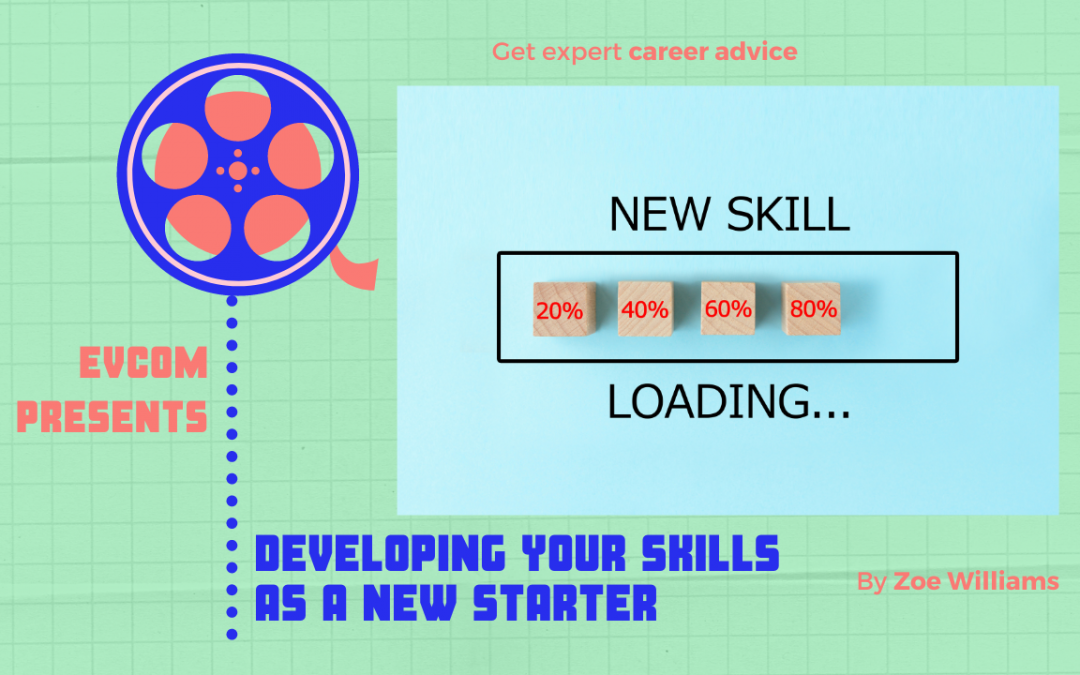by Zoe Williams
When you start a new role, it’s normal to feel excited and keen to prove yourself to your new team. Naturally, you’ll need a little time to get used to the specific ways in which your new company does things – even if you are already familiar with the tools and processes you’ll be using. But how soon should you start looking to increase your skill set?
Here we take a look at how and when new starters should begin to focus on training.
Build a solid foundation
The first few months of starting a new role will include plenty of training in itself. From learning the schedules, processes, tools and equipment used to building relationships within your team and the wider company, there’s usually ample opportunities for learning new skills. Whether you are a master cameraman or a new recruit learning to edit sound and video, your prior experience will come into play.
Highly creative people tend to get bored and restless if they aren’t challenging themselves constantly. When starting a new role, it’s common for people in creative industries such as film and events to bring a huge amount of passion and enthusiasm. Whilst this is a brilliant attitude to have, it can lead to you essentially trying to run before you can walk. By trying to upskill too fast, you put yourself at risk of burnout, which will only slow you down in the long run.
If you want to make a good impression and build a lasting, reliable reputation within your new company, be sure you build a solid foundation. Once you’ve settled into your new role and feel you’ve mastered the responsibilities and tasks required, there’s no harm in looking for ways to increase your skills. Taking it slowly will ensure you feel confident in your abilities and also give you time to build positive relationships. If you are interested in producing or directing, start having conversations with people in those departments and begin building bridges which you can expand on in the future.
Broaden your skills
Perhaps you’re extremely able in a specific area, but you could do with more training in another. It’s a great idea to look for ways to broaden your skills in areas that you wouldn’t usually focus on. For example, if you’re amazing at computer based tasks such as editing, but struggle with interacting with people on set or in the studio, think about how you can improve your soft skills. Becoming better at interpersonal communication, leadership, conflict resolution, problem-solving and team-working are all powerful skills for your creative portfolio.
With so many people now working hybrid and remote roles, the importance of having varied skills is more prevalent than ever before. When you feel ready, improving your remote communication skills will help you to work more effectively. Home working also calls for an increase in time management and organisational skills, which will go a long way to helping you become a highly effective team member.
Set yourself goals
The best way to track your progress and keep check on your efforts is to set yourself achievable goals. If they haven’t already provided you with one, asking your new employer for a checklist of the tools, apps, services and equipment you need to become familiar with is a great place to start. As you learn more about the company, your own likes and dislikes and get a feel for the direction you’d like to grow in, be sure to ask about upskilling and training opportunities.



